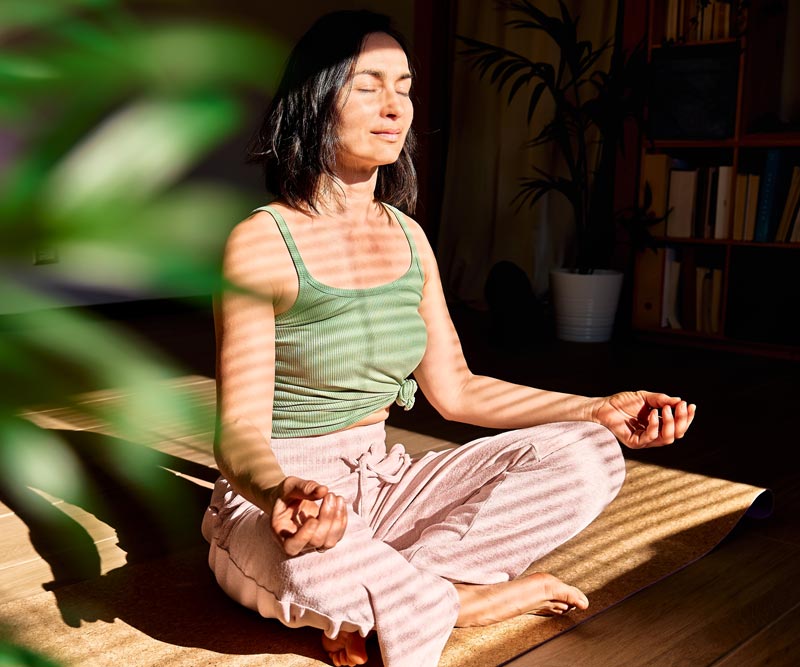Cultivating Mindfulness: Eight Evidence-Based Practices for Stress Reduction
Cultivating Mindfulness: Eight Evidence-Based Practices for Stress Reduction

Mindfulness, the non-judgmental awareness of the present moment, has gained significant traction as a stress-reduction and wellness technique. However, consistent practice is crucial to fully realize its benefits. This article explores eight evidence-based mindfulness exercises, offering practical strategies for incorporating mindfulness into daily life and mitigating stress.
1. Aquatic Mindfulness: Swimming and Floating: The rhythmic nature of swimming engages the entire body without strenuous joint pressure. The repetitive movements synchronize with breathing, fostering a meditative state. Water immersion minimizes external distractions, promoting introspection and awareness of internal sensations. For individuals unable to swim, floating offers a similar sensory experience, focusing on body movement and breath within the water.
2. Meditative Walking (Core Walking): Meditative walking, or core walking, emphasizes slow, deliberate movement. By reducing forward momentum and engaging stabilizing core muscles, this practice promotes postural alignment, reduces pain, and improves balance. Mindful attention is directed towards breath, body posture (even weight distribution, shoulder movement), and the overall sensory experience of walking.
3. Mindful Tea Consumption: Even seemingly mundane activities can become mindfulness exercises. Preparing and consuming tea mindfully involves paying close attention to each step: the aroma, the feel of the warm cup, and the sensations as the tea warms the body. This deliberate slowing down quiets mental chatter and promotes presence.
4. Nature Immersion: Hiking and Sensory Awareness: Spending time in nature offers an ideal setting for disconnecting from technology and engaging the senses. Mindful hiking encourages attention to details like the crunch of leaves, the scent of plants, and the sounds of birds. These sensory inputs trigger relaxation responses within the nervous system.
5. Gazing Meditation: Gazing meditation involves focusing on a single external object, such as a candle flame or the horizon. Maintaining this soft focus, even with occasional blinking, strengthens the ability to remain present and calm. Resisting the urge to look away enhances meditative capacity and promotes a balanced state of mind.
6. Guided Meditation: Guided meditations, readily available through various resources, provide structured support for mindfulness practice. Techniques like Yoga Nidra combine relaxation with conscious awareness, facilitating deep healing and stress reduction while training the mind for meditation.
7. Mindful Stretching: Mindful stretching involves a gentle, deliberate approach, prioritizing the flow of breath and internal expansion rather than forceful movements. Concentrating on breath coordination during stretches (e.g., equal inhale and exhale counts) increases awareness and promotes relaxation in tense areas.
8. Breathwork Techniques: Focusing on breath is a fundamental mindfulness practice. By consciously directing the breath—filling the lower abdomen, then ribs, then chest—and visualizing the breath’s flow (e.g., a wave), individuals can stimulate the parasympathetic nervous system, promoting relaxation. Gentle redirection of attention back to the breath when distractions arise is key.
Mindfulness is a skill honed through consistent practice. Selecting enjoyable activities and dedicating focused attention, even amidst mental distractions, are essential for cultivating mindfulness and reaping its stress-reducing benefits. The key lies in gently redirecting attention without self-judgment, maintaining a consistent intention throughout the practice.
Disclaimer: This content is aggregated from public sources online. Please verify information independently. If you believe your rights have been infringed, contact us for removal.